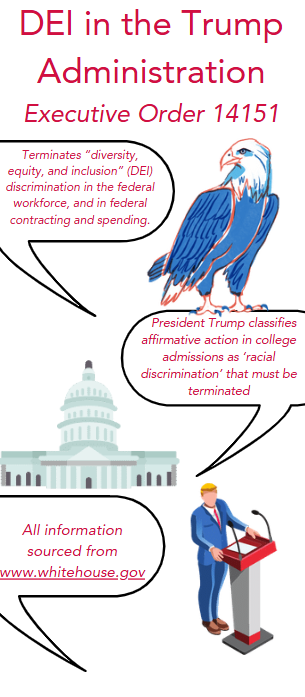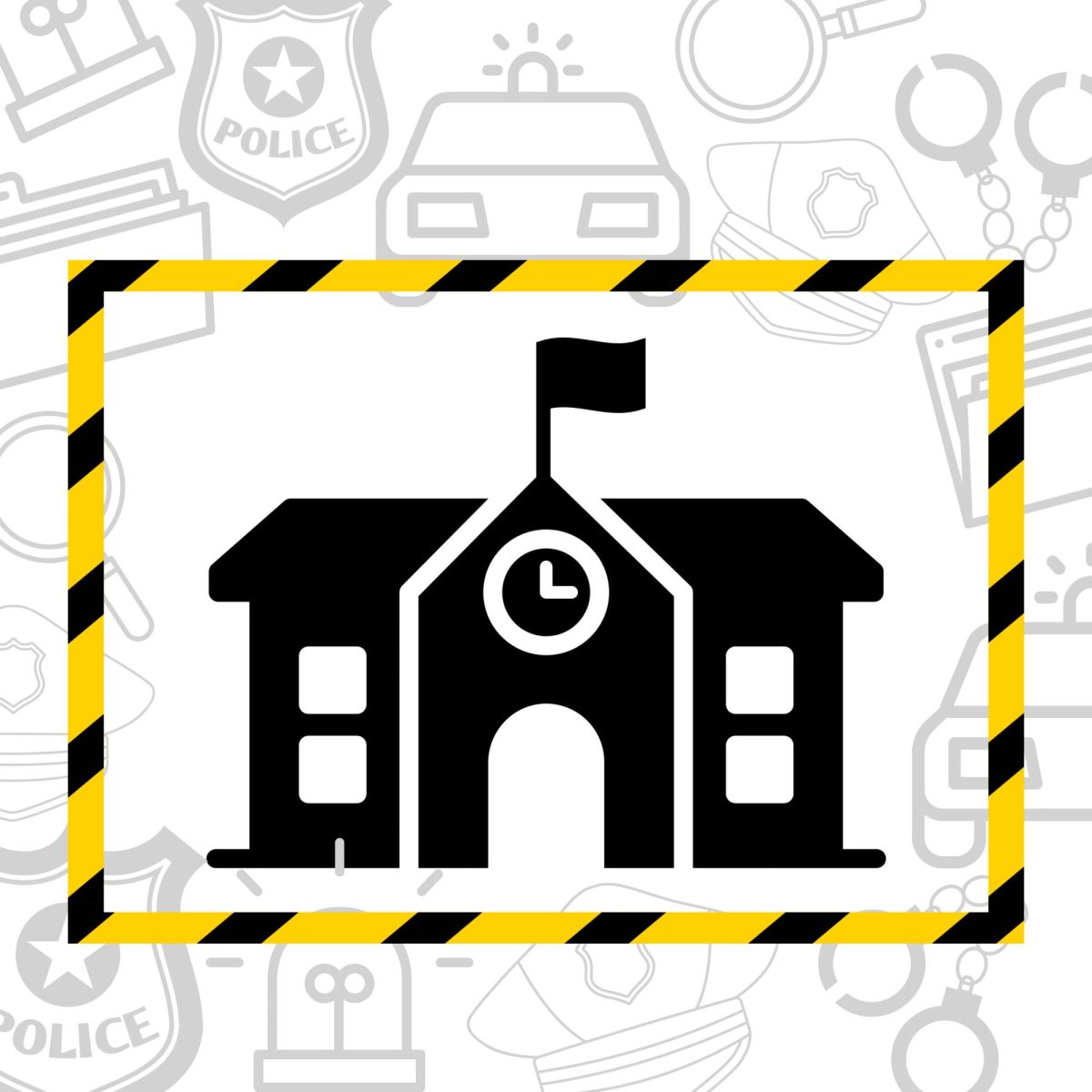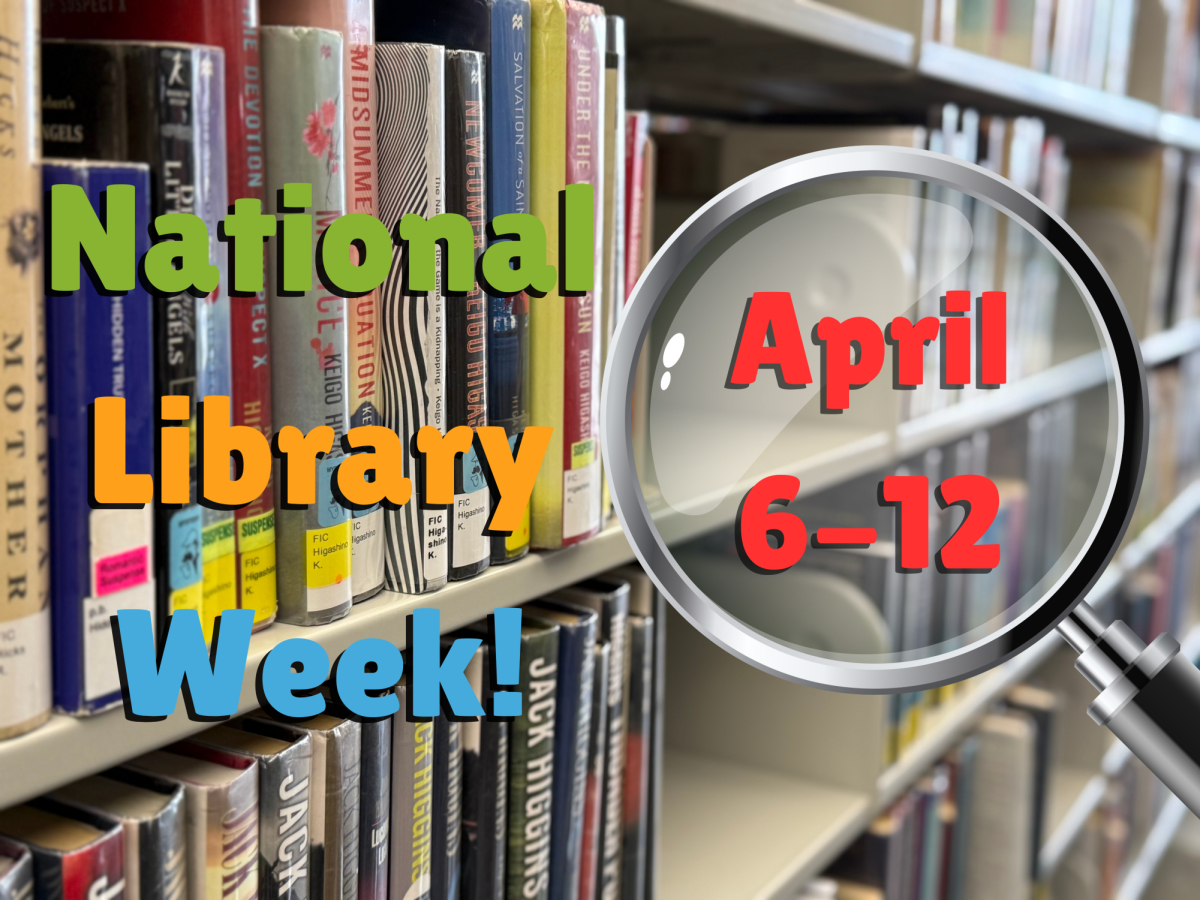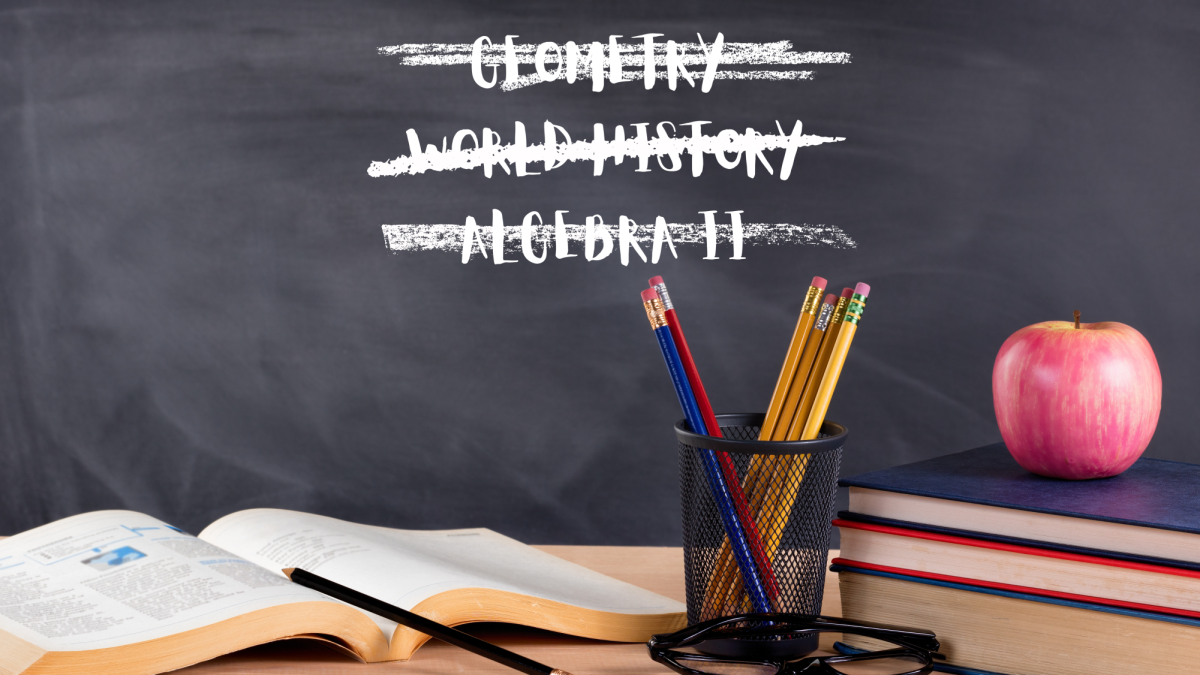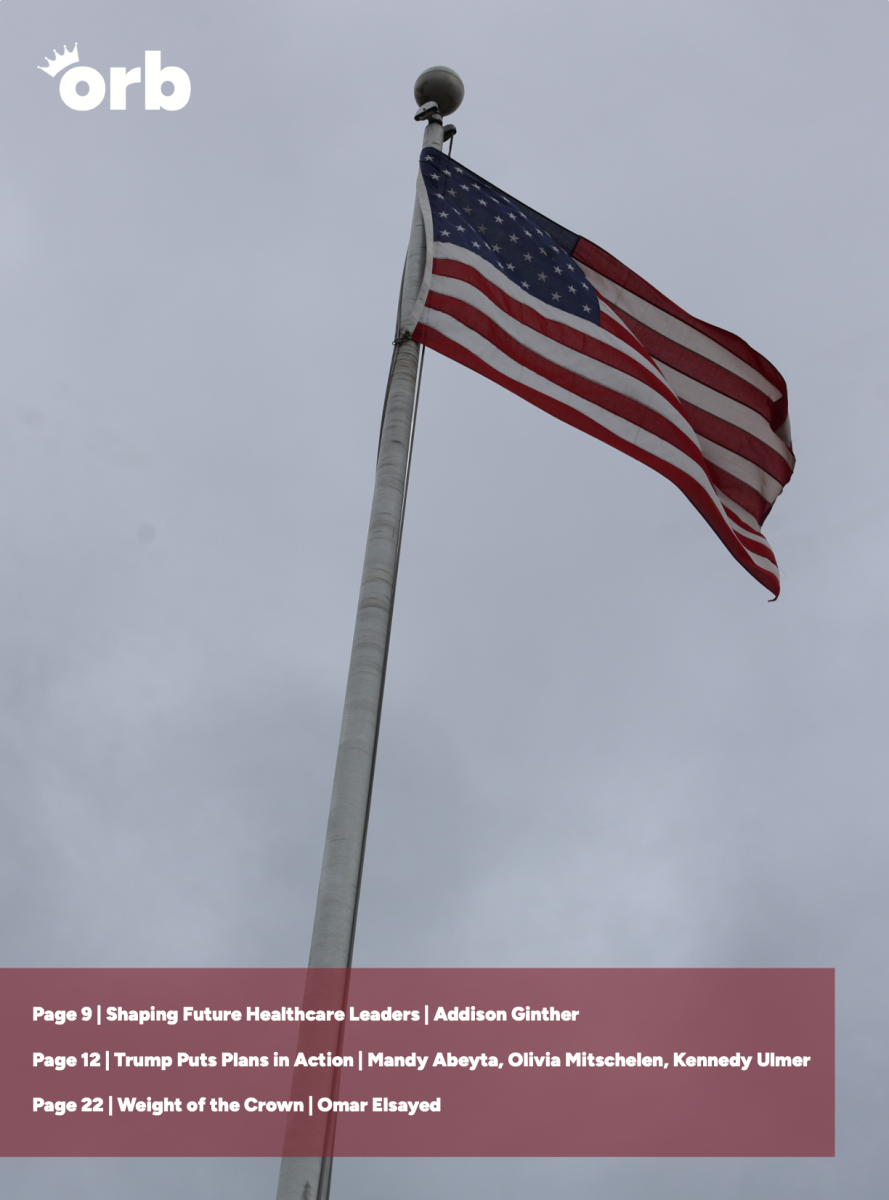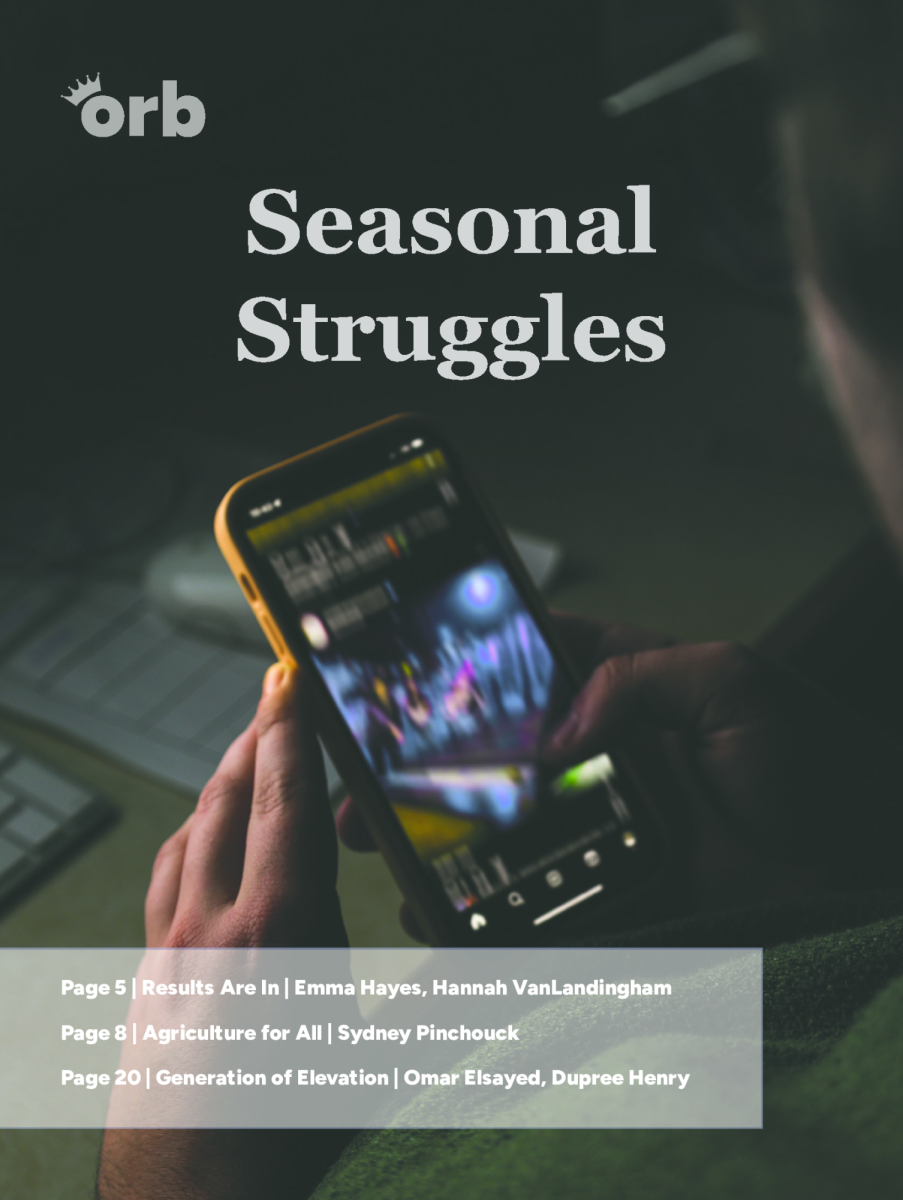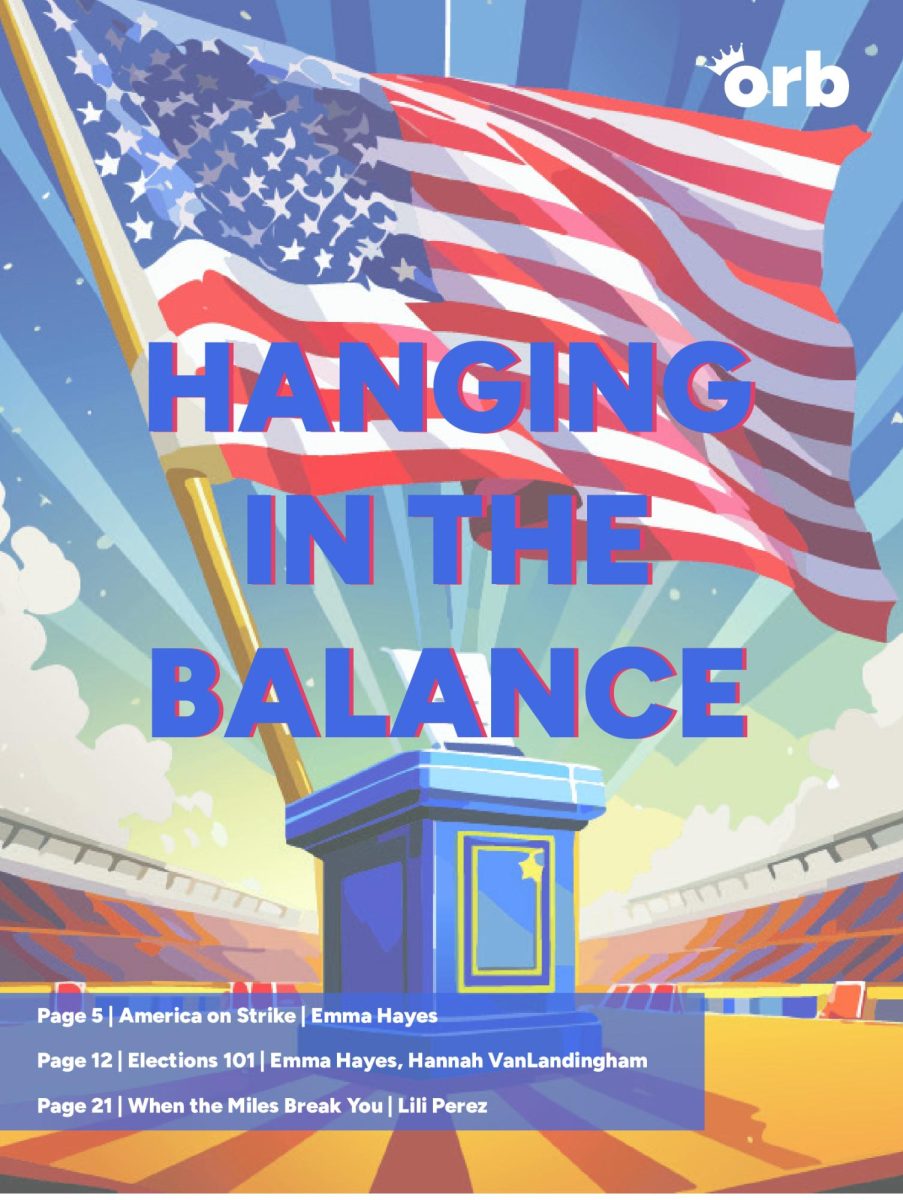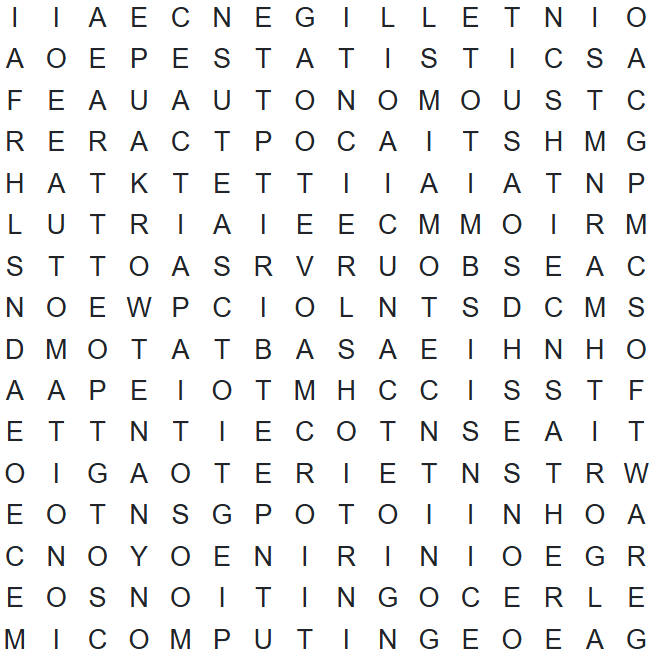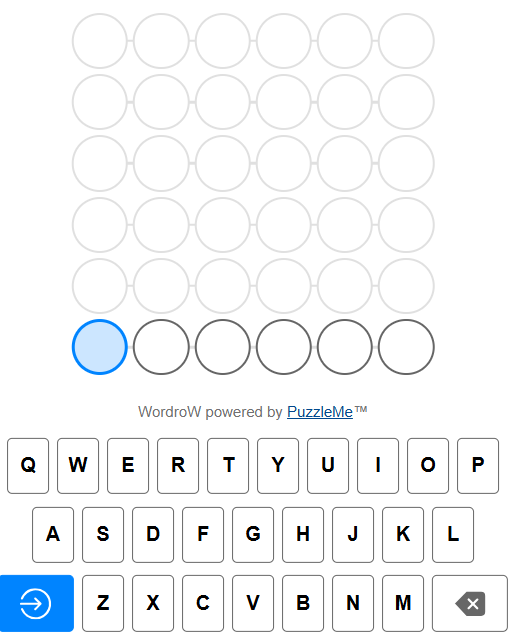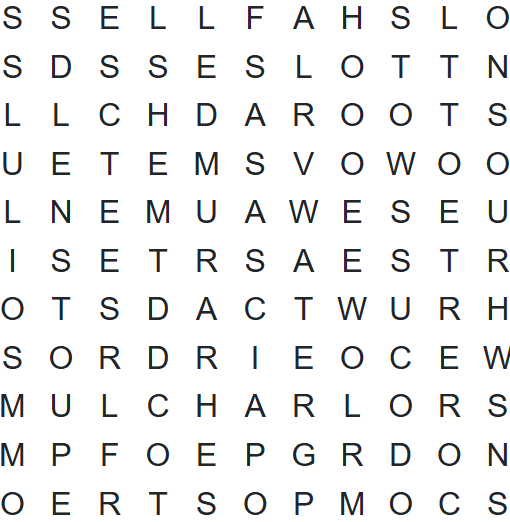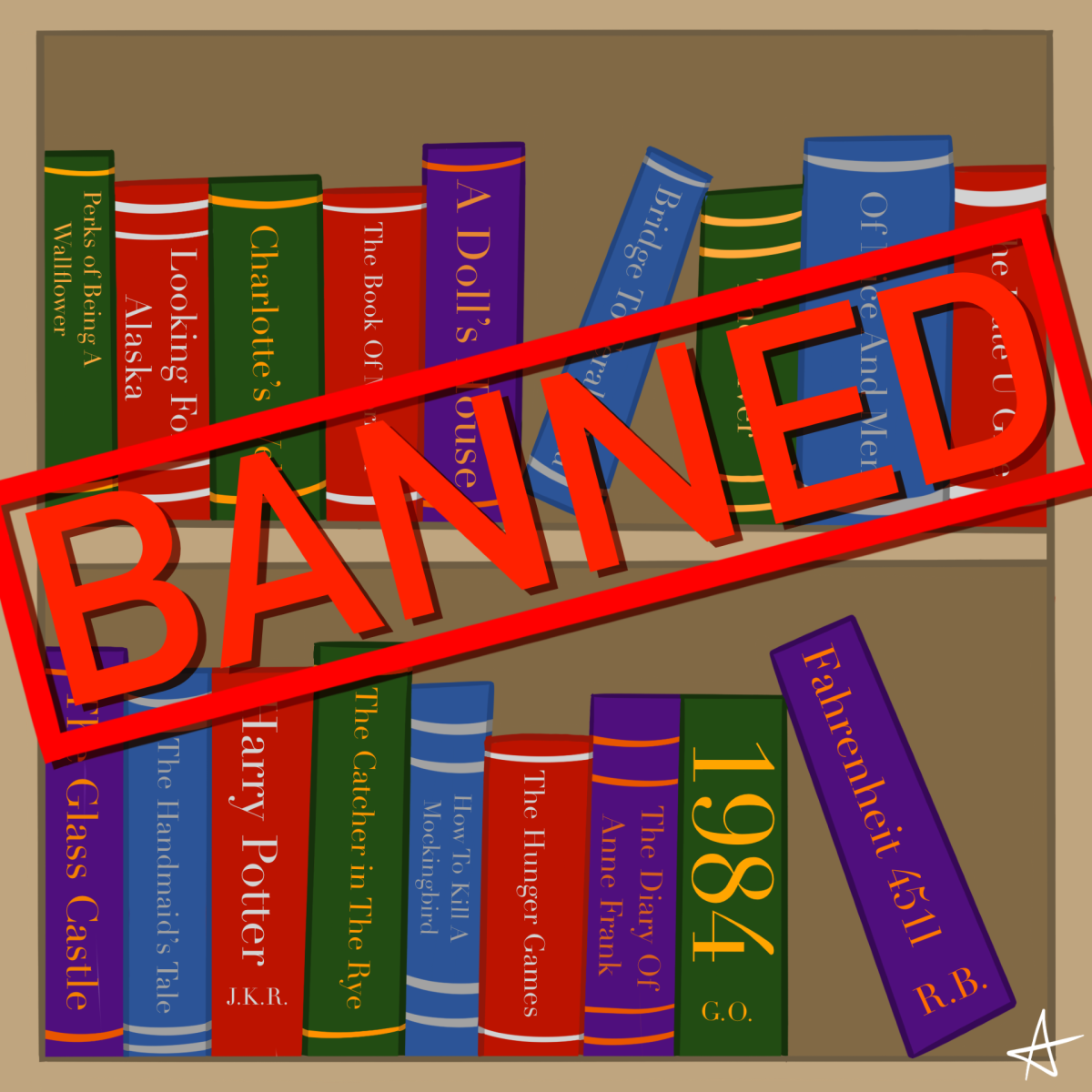The debate over book banning in schools has heated up in recent years, with some arguing that it’s necessary to protect students from inappropriate or controversial material. However, many educators believe that banning books does more harm than good, stifling students’ critical thinking and limiting their exposure to diverse ideas.
“Books can affirm someone’s experiences by showing students their circumstances played out on the page,” English teacher Mrs. Timmons said. “Books also help students become aware of life experiences they might otherwise never encounter.”
By confronting challenging topics, books prepare students for the complexity of the real world. Removing these books, especially at the high school level, only prevents students from developing empathy, understanding and critical thinking skills.
Books such as “Looking for Alaska” by …, “1984” by … and “The Perks of Being a Wallflower” by … challenge societal norms or address uncomfortable truths.
Under President Trump’s administration, this trend accelerated. With his administration’s encouragement, conservative lawmakers pushed to start limiting what books are allowed in schools, particularly those discussing race, LGBTQ+ issues, and systemic inequality. Trump’s influence has encouraged efforts to remove these kinds of books from school curricula, framing it as a protective measure for students.
“People do not like to face their shortcomings, real or imagined,” Timmons said. “At the same time though, books commonly found on banned lists tend to be bestsellers…I think students are curious by nature.”
In today’s digital age, students can easily access restricted material online. Instead of protecting students, banning books simply heightens their desire to explore what’s been censored.
“If the goal is to protect students from sensitive or harmful material, banning social media and internet access would have far more success,” Timmons said.
Banning books fails to address the larger issue of how students engage with media today. Ultimately, educators have a duty to advocate for free access to literature. By engaging in open conversations with students and speaking out at school board meetings, teachers can help push back against the growing trend of book bans. It’s crucial that educators emphasize the importance of books in preparing students for a complex and diverse world.
“Teachers truly are the experts on what it takes to successfully educate students, Timmons said. “Throughout all of history, the people banning books have never been remembered as ‘the good guys.’”


